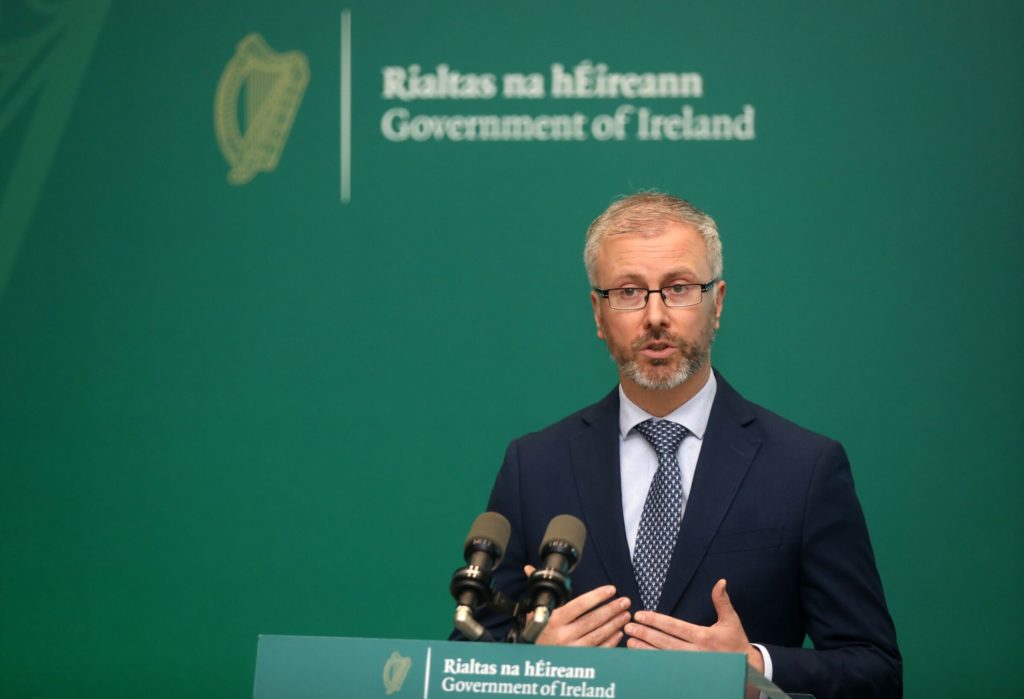HUNDREDS of survivors of Ireland’s brutal mother and baby homes have been reunited with family members under legislation allowing adoptees to access their birth records.
New Information and Tracing services became available in Ireland in October 2022 under the Adoption Authority of Ireland and Tusla, the Child and Family Agency.
They followed the implementation of the Birth Information and Tracing Act 2022, which allowed mother and baby and county home survivors access to their personal records for the very first time.
Since then, nearly 13,000 tracing applications have been completed through the service, the second Annual Report on Government’s Action Plan for Survivors and Former Residents of Mother and Baby and County Home Institutions has revealed.
Released this week, the figures show more than 12,900 applications for information have been completed “with thousands of people receiving their information”.
“All applications for information are now being responded to within statutory timeframes,” the report added.
 Minister for Children and Equality Roderic O'Gorman
Minister for Children and Equality Roderic O'GormanWithin those figures, 6,561 applications were received for the statutory tracing service.
“Some 357 matches between relatives have been identified through the Contact Preference Register, resulting in 187 pairs of relatives being put in contact with each other,” the report confirmed.
“It is heartening to see the Birth Information and Tracing Act delivering long-awaited information for so many people, and I would like to thank Tusla and the Adoption Authority of Ireland for their efforts in this regard,” Ireland’s Children’s Minister Roderic O’Gorman said this week.
The report details the progress made by the government on commitments made to survivors and former residents of mother and baby and county home institutions.
It confirms that the first redress payments have been made and medical cards issued under the Mother and Baby Institutions Payment Scheme.
The scheme formally opened to applications on March 20, 2024.
“The first offers of awards were issued in April, while the first payments were made, and the first enhanced medical cards were issued, under the Scheme in May,” the report confirms.
The document, published yesterday (June 12), also reveals that the government’s promise to create a National Centre for Research and Remembrance to honour its mother and baby home victims and survivors is also progressing.
“An application for planning permission to progress the development of the Centre at the Sean McDermott Street site is currently being finalised for submission to Dublin City Council,” it says.
“The Office of Public Works has also begun the first phase of works to make the remaining buildings at the site safe to access and to facilitate future works,” the report adds.
“I published the Action Plan for Survivors and Former Residents of Mother and Baby and County Home Institutions on behalf of Government in November 2021,” Minister O’Gorman said.
“Since then, we have worked intensively to deliver on the commitments made to survivors,” he added.
“I am pleased to be able to publish this second annual report detailing the meaningful progress we have achieved in that time, and to be in a position to say that six of the seven major commitments in the Action Plan have now been delivered, with great strides being made on the seventh, the National Centre for Research and Remembrance.”

